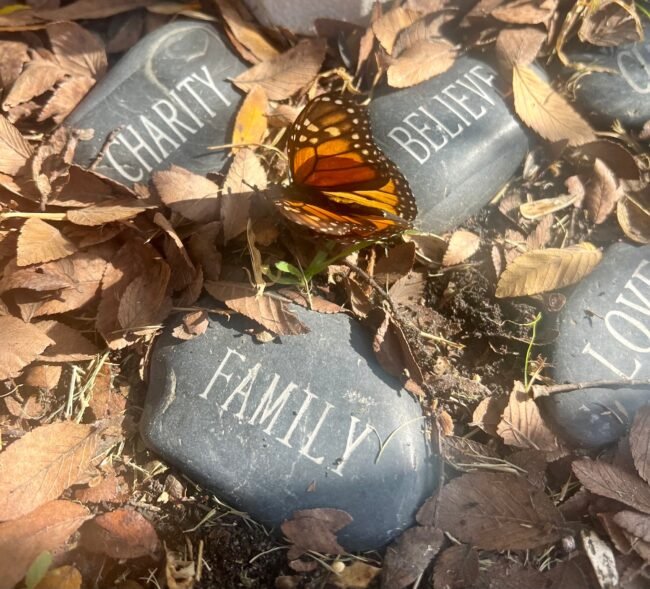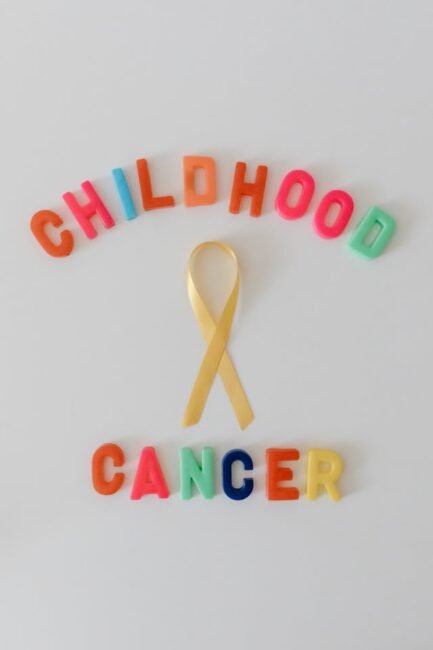How to Support a Loved One with Cancer: Emotional and Practical Ways to Help
Learn how to support a loved one with cancer. Discover emotional support tips, practical ways to help cancer patients, and meaningful ways to show they’re never alone.
Watching someone you love maneuver through the ups and downs of cancer can be heartbreaking. You’re never quite sure what to say or do.
When I was going through some painful procedures during my own cancer journey, many of my friends and family wanted me to know they cared. Some used humor, some shared similar experiences, and some simply sat with me and prayed. Depending on how I was feeling physically and emotionally, my reactions were unpredictable.
Some days, I appreciated a good laugh. Other days, I couldn’t find anything funny. Sometimes the jokes cut too deeply. Because my melanoma was in the vulva, I already felt embarrassed and ashamed. And when people jokingly asked if I “laid out in the sun naked,” by the hundredth time it wasn’t funny anymore—it was exhausting.
Even prayer was complicated. When friends wanted to pray with me, I resisted. My question was, Why would God do this to me? I wasn’t ready to pray. I was giving God the silent treatment.
All of it—humor, prayer, support—was hard and confusing, not only for me but for the people who loved me. And that’s something every caregiver or friend of a cancer patient needs to know: not every effort will land the way you hope.
But here’s the good news: there are always ways to help that are truly meaningful and appreciated.
Emotional Support for Someone with Cancer
If you’re wondering what to say to someone with cancer, start with presence and empathy. The smallest gestures often matter most.

-
Listen actively.
Let your loved one express feelings without rushing to fix or judge.
-
Validate their emotions.
Acknowledge their fears, anxieties, and pain, even if you don’t fully understand them.
-
Offer reassurance.
Remind them you’re here, walking alongside them through the journey.
-
Be present.
Sometimes just sitting quietly together speaks louder than words.
Practical Ways to Help a Cancer Patient
Emotional support is vital, but so is easing the burden of everyday life. If you’re not sure how to help someone with cancer, here are practical ways that always make a difference:
-
Transportation.
Offer rides to medical appointments, wait with them, and help with paperwork. You can also drive them to social outings when they feel up to it.
-
Financial support.
If possible, contribute toward expenses—or help them connect with financial resources and programs that provide relief.
-
Everyday tasks.
Help with grocery shopping, cooking, cleaning, laundry, or other household chores. Relieving small daily stresses can make a huge impact.
Final Thoughts
Everyone is different. What helps one day might not help the next. Don’t be discouraged if it feels like nothing is “working.” Supporting someone with cancer isn’t about finding the perfect words or actions—it’s about patience, consistency, and showing up.
And sometimes, a simple gesture says it best. Even giving a Keith the Cat shirt can be a reminder that your loved one is never alone on this journey.

Liz Sherman- Founder of the Keith the Cat Foundation
Elizabeth “Liz” Sherman is a 1991 graduate of Texas A&M University and has worked for the Central Intelligence Agency (CIA) and the National Geospatial-Intelligence Agency (NGA) for the past 25 years. Liz was hired as an imagery intelligence analyst covering regional and counterterrorism issues mostly in the African and Latin American regions.
She started the Keith the Cat Foundation to help those who are fighting cancer or any illness or battle. Her rescue cat, Keith, helped her get through her own battle with cancer. He was her constant companion who knew when she needed cuddles.


